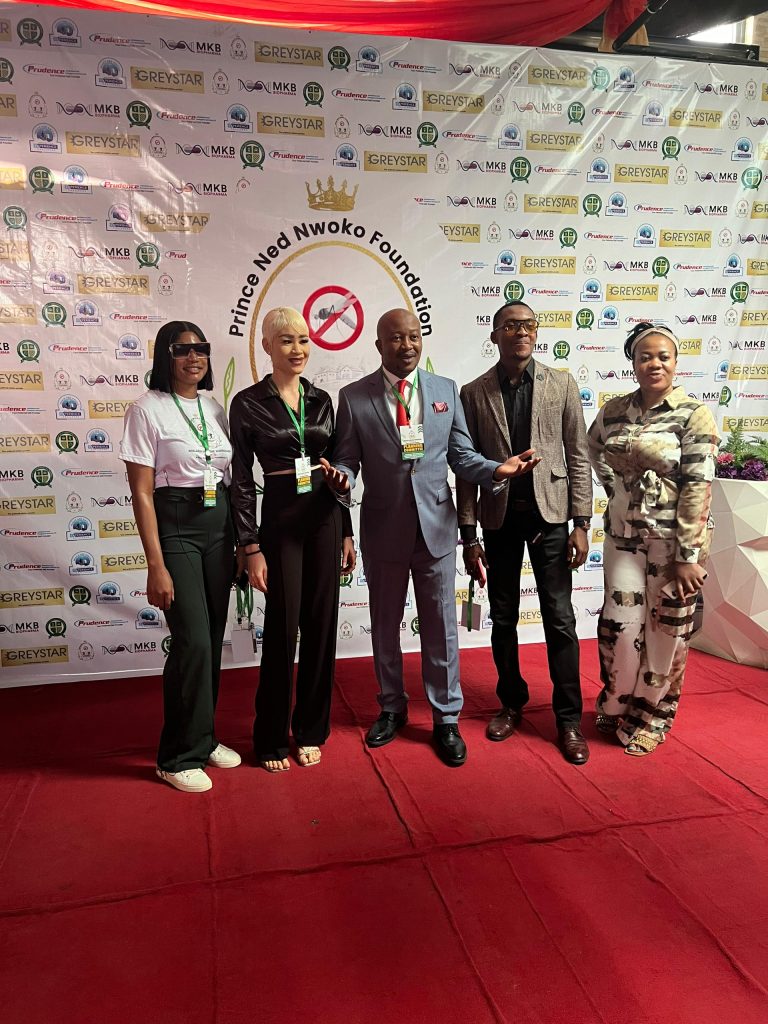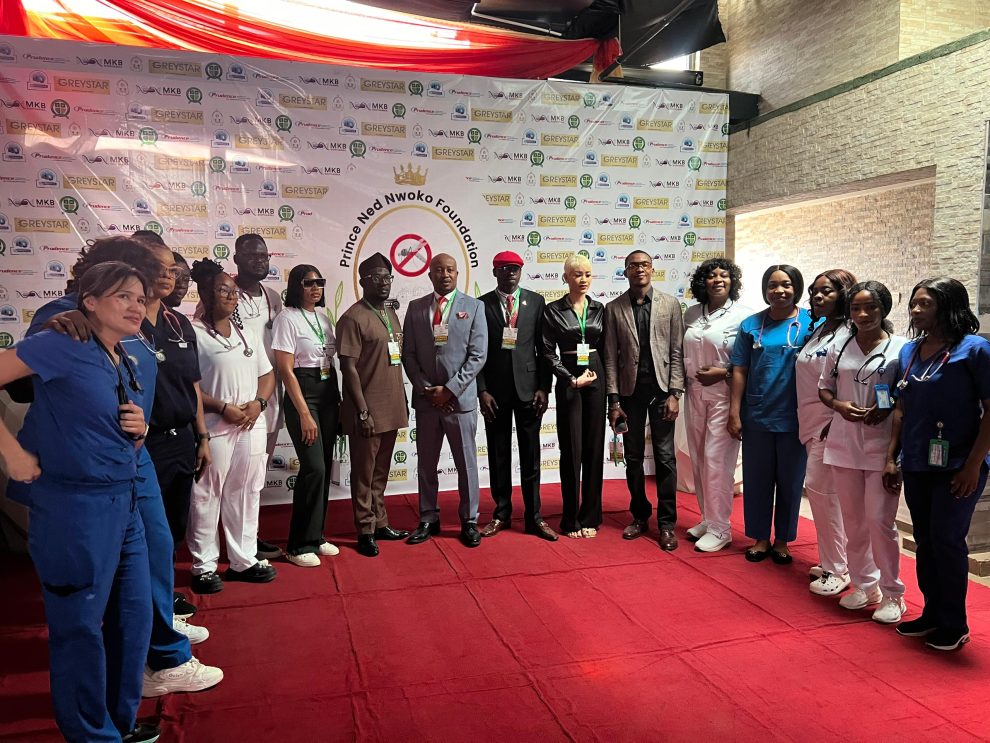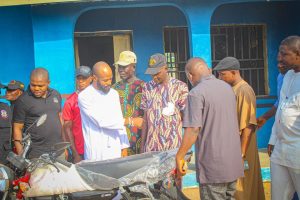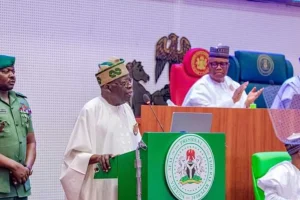Nigeria has unveiled a determined initiative to establish domestic malaria vaccine production, fuelled by a deep-seated frustration over the perceived sluggishness of global health responses to African crises. The push, spearheaded by Senator Ned Nwoko, underscores a growing call for self-reliance in the face of persistent health disparities.
Senator Nwoko, representing Delta North, has not only invested over $20 million of his own funds to malaria vaccine research but has also introduced the Malaria Eradication Agency Bill (SB.172) in the Senate. This legislative move seeks to create a dedicated agency, under the Ministry of Health, with direct presidential funding, to coordinate malaria research, vaccine production and large-scale eradication programs.

The Stark Contrast: COVID-19 and Malaria
Dr. Michael Nwoko, Director of the Technical Working Group of the Malaria Vaccine Project, delivered a poignant presentation at a workshop organized by the Prince Ned Nwoko Foundation. He drew a stark contrast between the global response to COVID-19 and the ongoing struggle against malaria.
“During the COVID-19 pandemic, we witnessed an unprecedented mobilization of resources in the West,” Dr. Nwoko stated. “Vaccination rates soared to approximately 52 percent, while Africa was left grappling with a mere 2 percent. This disparity is unacceptable and must not be replicated with malaria.”
Dr. Nwoko’s presentation emphasized the urgent need for Africa to take control of its health destiny. He pointed to the rapid development and deployment of mRNA vaccines in Western nations, highlighting the technological and financial resources that were swiftly mobilized.
The Financial Divide: Healthcare Spending
Dr. Nwoko further illuminated the vast financial chasm between healthcare spending in the United States and Nigeria.
- The U.S. Department of Health and Human Services (HHS) has proposed a budget with $130.7 billion in discretionary spending and $1.7 trillion in mandatory spending for FY 2025. This reflects a massive investment in healthcare infrastructure, research, and development.
- In contrast, Nigeria’s Federal Ministry of Health’s 2024 budget allocation is roughly 1.33 trillion Naira. This figure, when converted, reveals a significantly lower allocation compared to the U.S., highlighting the resource constraints faced by Nigeria.
These figures illustrate the substantial resource gap that hinders Africa’s ability to tackle its health challenges effectively.
Local Production and Strategic Partnerships
Senator Nwoko emphasized the necessity of local vaccine production, arguing that Nigeria possesses the requisite resources but requires a strategic prioritization. He criticized the profit-driven motives of some international pharmaceutical companies, asserting that Africa must forge its own path.
The proposed Malaria Eradication Agency will collaborate with pharmacists, local and international manufacturers, and government executives to secure financing for malaria vaccine research and initiate local production.
Addressing the Root Causes: Sanitation and Waste Management
Senator Nwoko also highlighted the interconnectedness of malaria and poor sanitation. He advocated for comprehensive waste management strategies, environmental fumigation, and sustained funding for vaccine development. He also pointed out that their is economic gain to be had by private sector investment into waste management and recycling, and that this could contribute to power generation.
Government and Expert Endorsement
The Nigerian government, through the Ministry of Health, has expressed its support for the Malaria Eradication Agency Bill. Experts at the workshop underscored the capital-intensive nature of vaccine manufacturing, estimating that a vaccine production plant could cost up to $200 million. They stressed the importance of scaling up local manufacturing to bolster Nigeria’s pharmaceutical sector.





Add Comment